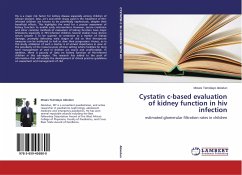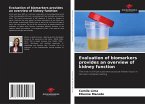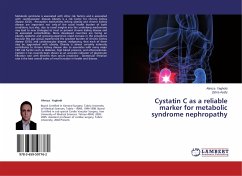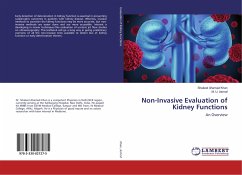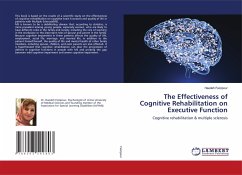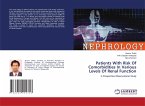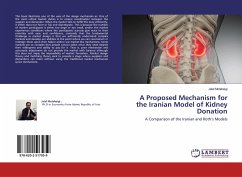Hiv is a major risk factor for kidney disease especially among children of African descent. Also, art's and other drugs used in the treatment of HIV-infected children are known to be potentially nephrotoxic, despite their beneficial effects. This highlights the need for a precise assessment of kidney function to enable early interventions. However, serum creatinine and other common methods of evaluation of kidney function have major limitations especially in HIV-infected children. Several studies have shown serum cystatin C to be superior to creatinine as a marker of kidney damage, promptly detecting early stages of ckd so that therapeutic measures can be instituted to halt or slow their progression. Hence, as in this study, utilisation of such a marker is of utmost importance in view of the peculiarity of the resource-poor African setting where facilities for long term management of esrd in children are scarce and unaffordable. In addition, there is paucity of data on kidney function of Hiv-infected children in this sub-region. This research has added to the pool of information that will enable the development of clinical practice guidelines on assessment and management of ckd

